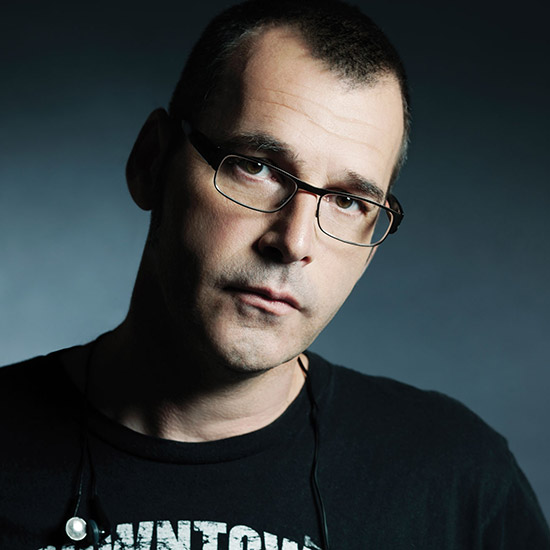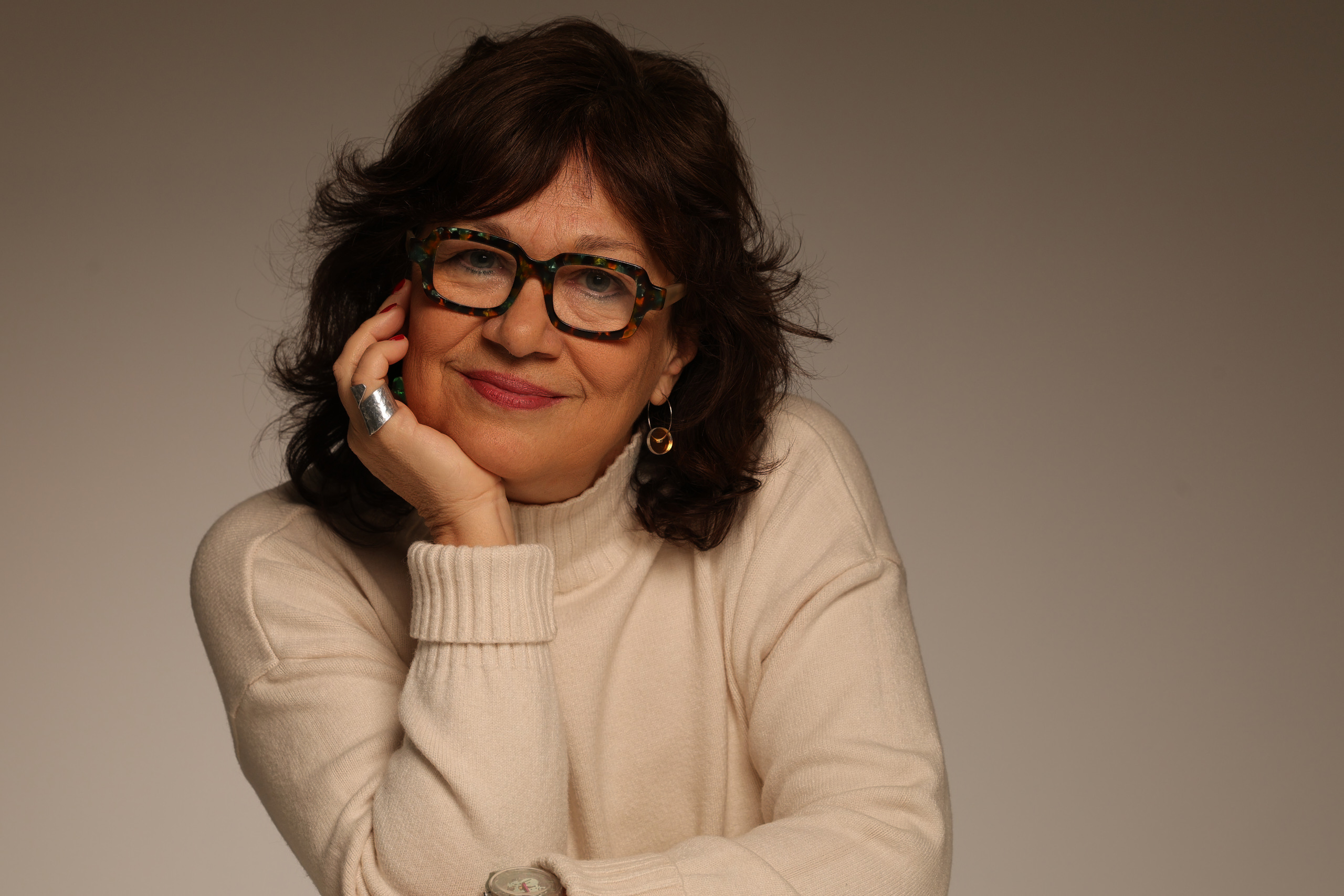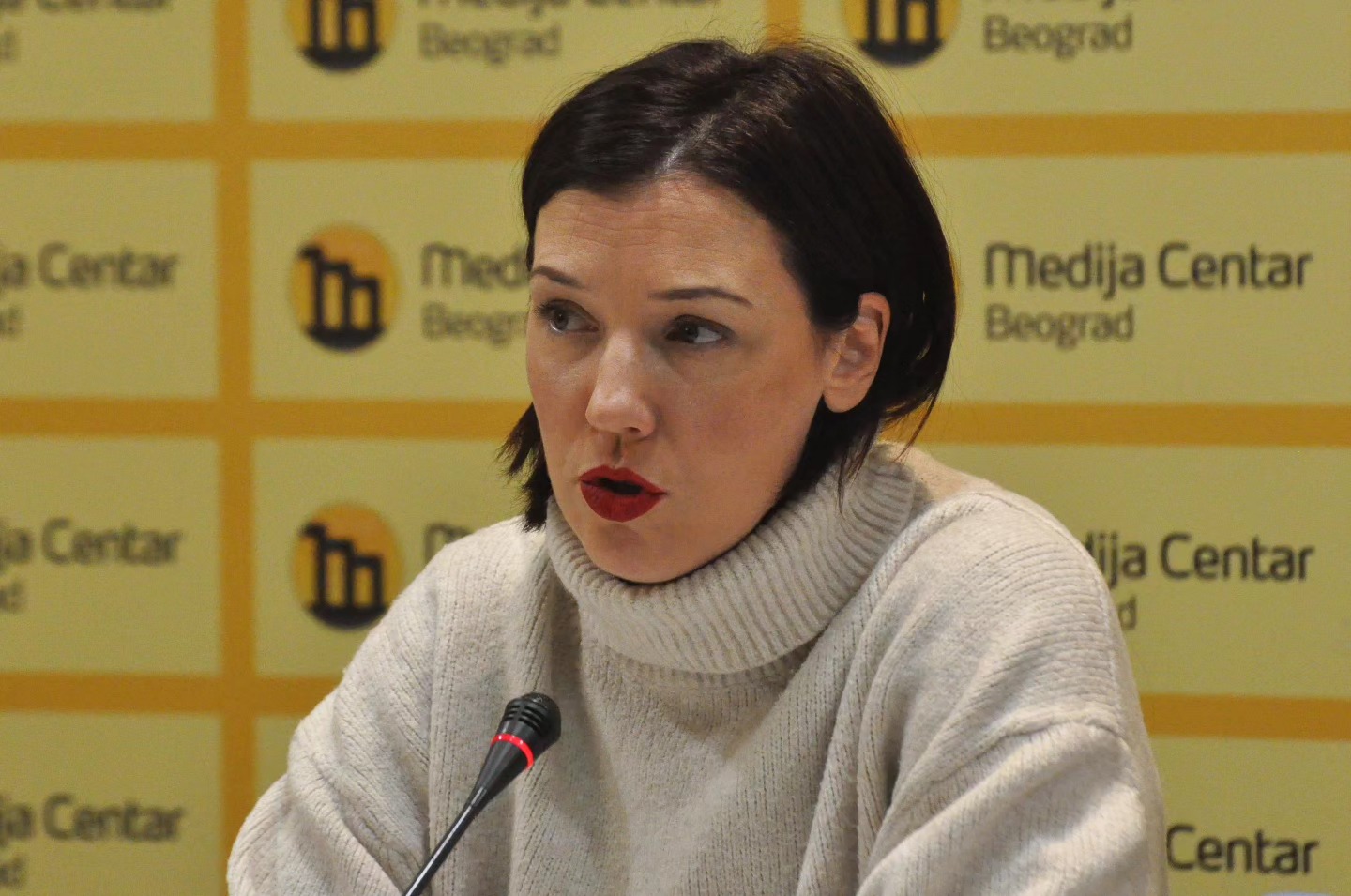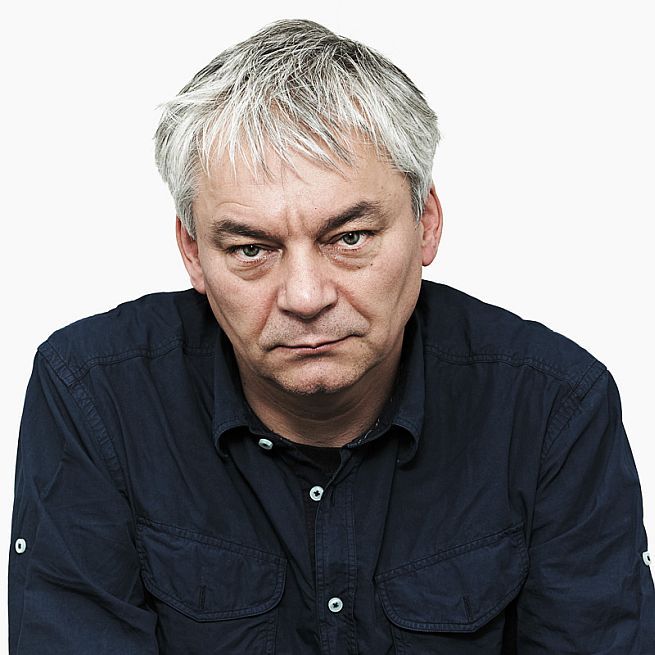Our steering board
On Monday, December 5, 2022, the regular assembly of the KROKODIL Association was held at the KROKODIL Center for Contemporary Literature with the following agenda: appointment of new members of the Steering Board of the Association. After a short discussion based on Article 9 of the Statute of the KROKODIL Association, the Assembly of the Association adopted by public vote the decision to appoint new members of the Board with a term of four years. The Steering Board consists of:

Vladimir Arsenijević
President and Creative Director/Member of the Steering Board

Dubravka Stojanović
Member of the Steering Board

Milena Berić
Executive Director
Boris Buden
Member of the Steering Board

Igor Štiks
Member of the Steering Board
Olga Manojlović Pintar
Member of the Steering Board
Biographies
VLADIMIR ARSENIJEVIĆ (b. 1965 in Pula, Croatia, then SFR Yugoslavia) is an award-winning and internationally acclaimed Serbian writer, translator, editor, publicist and human rights activists. He won the 1994 NIN-award for his first novel In the Hold (U potpalublju), thus becoming the award’s youngest ever recipient. In the Hold was the very first debut book awarded this prestigious prize. His anti-war book was soon translated into 22 languages and placed Arsenijević almost instantly among the most translated Serbian writers. Since then, Arsenijević published twelve other novels, graphic novels, collections of short stories and books of essays. His essays and columns are published in both print and online media from all over former Yugoslavia. He is also a well-known editor who formed and developed the RENDE publishing house, where he worked as Editor-in-Chief from its foundation in 2000 until 2007. From 2007 until 2011, he ran a Belgrade subsection of the Croatian publishing house VBZ. He is one of the founders of the KROKODIL Association.
MILENA BERIĆ ( b. 1982 in Belgrade, Serbia, then SFR Yugoslavia) holds an MA in Communicology and BSc in North America Economic studies and EU Economic studies. Milena is a researcher and analyst focused on international affairs and regional/WB politics as well as human rights activist. For the past 10 years she is dedicated to KROKODIL’s organisational and program development, external affairs and strategic communications. She began her dynamic career in 2001 working for the OECD, at the Olympic Games in Athens, for the Greek national television ERT and for the Indian embassy in Belgrade. She continued her career in the field of marketing communications within some of the largest global marketing agencies – DDB and TBWA World Wide, working on campaign strategies for brands such as adidas, Nissan, Renault, VISA, Absolut Vodka and others. During 2010, she worked as managing director of DIVAC HOD and since then belongs to the world of the civil society sector in Serbia. In the following years she worked as an independent consultant engaged by different CSOs in Serbia. She focused on developing her skills in the fields of organizational development, strategic communications and external relations while using her specific interest and experience in storytelling and campaign strategies. She participated in the 6th Pan-European International Relations Conference in Turin in 2007 with her research “Culture, Dignity and Empowerment”. She won the award “30 under 30 young Serbian leaders” in 2011, and in the same year she was a delegate of Serbia at the European Forum in Alpbach, Tirol. She has been fully committed to the development of the KROKODIL Association since 2014, when she also became executive director, which among other led to significant growth of the very organization, its reputation and program credibility. In 2016 Association KROKODIL won European Communications Award for its communications strategy as the first European NGO to win this award which was established in 2005. She is co-author of the ‘Liberte, Egalite, Solidarite: Research with proposals and recommendations for the involvement and cooperation of civil society organisations regarding activities in response to the aggression against Ukraine’ (KROKODIL Association, 2024); ‘Survey and Analysis on Undue Influence on Rise of the Violence in Serbia’ (KROKODIL Association, 2023); and of the analysis ‘Impact of the COVID-19 pandemic on the independent sector in the Balkans’ (KROKODIL Association, 2021). Since 2024, she is a member of the Pacific Council on International Policy. Milena translates from Greek into the common language. She is fluent in English, French and Greek, and uses German, Spanish and Italian. She understands Ukrainian and Russian.
IGOR ŠTIKS was born in Sarajevo in 1977 and has lived in Zagreb, Paris, Chicago, Edinburgh, and Belgrade. His first novel, A Castle in Romagna [Dvorac u Romagni], won the Slavić prize for best first novel in Croatia and was nominated for the International IMPAC Dublin Literary Award for 2006. It was subsequently published in English, German, Spanish and Turkish. Earning his PhD at the Institut d’Études Politiques de Paris and Northwestern University, Štiks later published a monograph, Nations and Citizens in Yugoslavia and the Post-Yugoslav States: One Hundred Years of Citizenship. His novel The Judgment of Richard Richter, originally published as Elijah’s Chair [Elijahova stolica], won the Gjalski and Kiklop Awards for the best novel in Croatia and has been translated into fifteen languages. In addition to winning the Grand Prix of the 2011 Belgrade International Theatre Festival for his stage adaptation of Elijah’s Chair, Štiks was honored with the prestigious Chevalier des arts et des lettres for his literary and intellectual achievements.
PROF. DR. DUBRAVKA STOJANOVIĆ was born in 1963 in Belgrade, where she finished elementary and high school. She graduated from the Faculty of Philosophy in Belgrade, Department of History, in 1987, received her master’s degree in 1992 and her doctorate in 2001. From 1988 to 1996 she was employed at the Institute for Recent History of Serbia. She has been working at the Faculty of Philosophy since 1996. Since 2016 she has held the title of full professor. She deals with the issues of democracy in Serbia and the Balkans in the late 19th and early 20th centuries; European influences in Serbia at the beginning of the 20th century; interpretations of history in new Serbian textbooks (vice-president of the Balkan Committee for Education in the field of history); the history of women in Serbia; processes of modernization. She has participated in many scientific gatherings in the country and abroad (Japan, United States, Greece, Turkey, Bulgaria, Slovenia, Austria, Hungary, Germany, France, Norway, Portugal, Denmark). She has collaborated on many foreign projects, of which the “Joint History Project,” which is the Center for Democracy and Reconciliation from Thessaloniki, is especially worthy of mention. Within this project, six volumes of additional teaching materials were made for teaching history throughout the Balkans, based on the method of multiperspectivity, including the volume dealing with the Yugoslav wars of the 1990s. She is one of the founders of the magazine Godišnjak za društvenu istoriju, the Association for Social History, and the Association of History Teachers, “Euroklio Srbia.” She won the City of Belgrade Award for Social and Human Sciences in 2004 for her book: Serbia and Democracy 1903-1914 – A Historical Study of the “Golden Age of Serbian Democracy”. She received the Peace Prize from the Belgrade Center for Peace and Democracy for her years of work on reconciliation in Southeast Europe through the reform of history teaching. In 2012, she received the “Winning of Freedom” Award for women who are fighting for human rights, democracy, and the rule of law. She is a recipient of the National Order of Merit in the rank of the French Knight of the National Order of Merit.
BORIS BUDEN (1958) is a philosopher, cultural theorist and publicist. He writes essays and articles in the fields of philosophy, politics, critique of culture and art. He graduated in philosophy at the University of Zagreb, with additional studies in Marxism. He holds a doctorate in cultural theory from Humboldt University in Berlin. During the 1990s, he published essays mainly in “Arkzin”, where he was also the editor. He teaches at Bauhaus University and is also a guest teacher at several European Universities.
OLGA MANOJLOVIĆ PINTAR (1966) is a senior research associate at the Institute for Recent History of Serbia (Belgrade), a specialist in memory culture. In 2005, she received her doctorate at the University of Belgrade, Faculty of Philosophy, Department of History, and she obtained her master’s degree at the Central European University in Budapest in 1995. Olga Manojlović Pintar is involved in numerous domestic and international projects, and regularly participates in international interdisciplinary conferences and round tables. She has published numerous articles and edited three collective volumes: History and memory: studies of historical consciousness (2005), Tito: Visions and interpretations (2011) and Tradition and transformation, Transnational experiences of Yugoslav history (2019). She has authored two books: Archeology of memory, monuments and identities in Serbia 1918 – 1989 (2014) and The last battle, Spanish fighters and the Yugoslav crisis of the eighties (2019).


